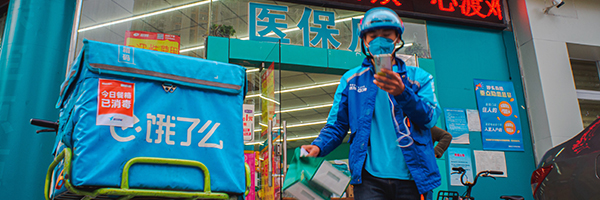With the report of 94 new local infections marking the broadest outbreak since the first in Wuhan in 2019, China imposed new restrictions on travel in 144 of the worst hit areas.
The new rules curtail public transit and taxi service, curb train and subway service, and re-imposed quarantines.
Unlike many governments, Beijing is not relying on a high rate of vaccination to curtail the outbreak. “Vaccination is not equal to entering a safe or carrying a talisman,” said Qi Jinli, the deputy director of Beijing’s Covid-19 response taskforce on Wednesday. “Personal protective measures still cannot be relaxed and vaccination cannot replace containment measures. Let’s hold on until we score the ultimate victory against the outbreak.”
Chinese vaccine-makers have still not released data from broad-based studies on how well their shots perform against the Delta variant. But experts say note that the vaccines already show a lower efficacy than messenger RNA vaccines from Pfizer and Modern and therefore could well be less effective against the highly infectious Delta variant.
Chinese authorities have urged people to cancel business trips and vacations, while some colleges around the country have asked students, especially those from high-risk areas, to delay their return to school for the new semester.
These steps will add uncertainty to forecasts for GDP growth in the China in the last two quarters of the year. Some overseas investment houses have begun cutting their projections for second half growth.


